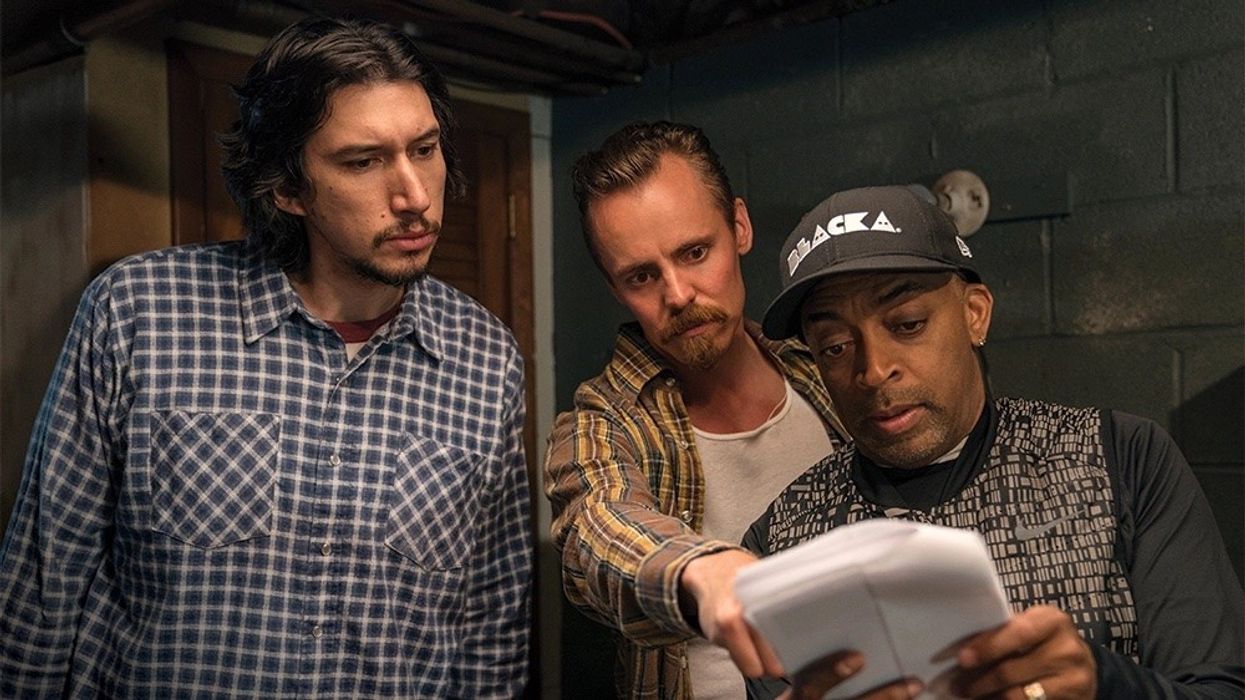20 Directing Tips We've Heard Before but Always Forget
Whether you're new to filmmaking or a seasoned vet, we sometimes forget these valuable tips.

Over the last few months, I've been talking to a bunch of directors I knto to gain knowledge about what it takes to make something come to life on screen. I've directed smaller projects before. But as I work on a spec that I want to direct, I figured I should brush up on what it takes to make something.
After talking to dozens of directors, I compiled a list of 20 tips and tricks to get you through a project of any size. You may have heard them all before, but I feel like there are a bunch of these that might be easy to forget due to the stress of the job.
So, check them out and let me know if there are any others I should add to the list in the comments.

20 Directing Tips We've Heard Before and Always Forget
Know your script inside and out: Study the script, understand its themes, and know how you want to tell the story.
Cast the right actors: Choose actors who embody the characters, and bring their unique perspectives to the roles.
Work with your cinematographer: Collaborate with your DP to create a visual style that supports the story.
Plan your shots: Take the time to plan your shots and blocking, and consider the use of color, lighting, and camera movement.
Communicate clearly with your crew: Ensure everyone is on the same page and understands their responsibilities.
Rehearse with your actors:Rehearse with your actors to refine performances and make adjustments.
Use storyboards: Storyboarding can help you visualize the shots and plan the visual language of the film.
Keep it simple: Avoid overcomplicating things and focus on the essentials to tell the story effectively.
Take risks: Be willing to take risks and try new things to bring a fresh and unique vision to your film.
Be flexible: Be open to change, and be ready to adjust your plans if necessary.
Build trust with your actors: Build trust and a good rapport with your actors to bring out their best performances.
Pay attention to sound:Sound is just as important as visual elements and can greatly impact the tone and atmosphere of a scene.
Experiment with editing: Experiment with different editing styles to find the one that best suits your film.
Respect your budget and schedule: Work within the constraints of your budget and schedule while still achieving your vision.
Stay focused: Stay focused and avoid distractions while on set.
Use music effectively: Music can greatly enhance the emotional impact of a scene, so use it wisely.
Lead by example: Lead by example, be positive, and set a good tone on set.
Get feedback: Seek feedback from trusted colleagues and friends to see how you can improve.
Know your gear: Familiarize yourself with the gear and equipment you're using and know how to use it effectively.
Have fun: Directing can be a challenging but rewarding experience, so make sure to enjoy the process and have fun.
Do you have any tips or tricks that everyone should know? Let us know what they are in the comments below!











